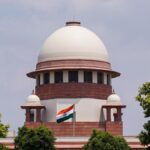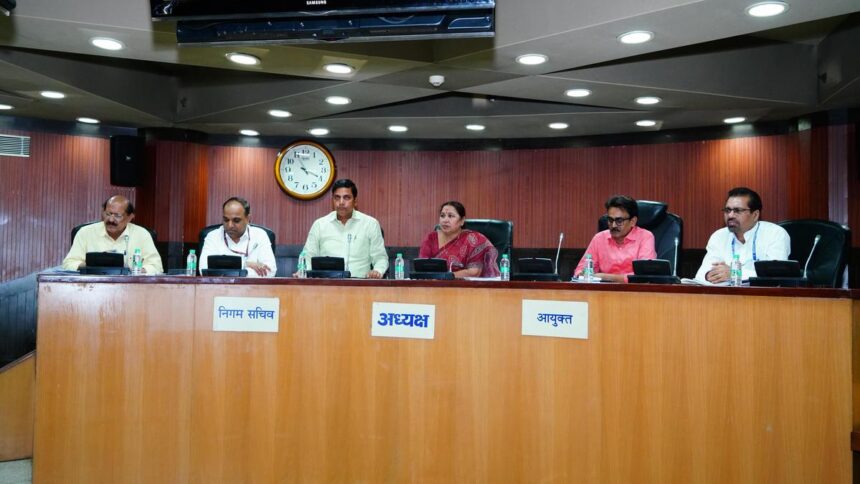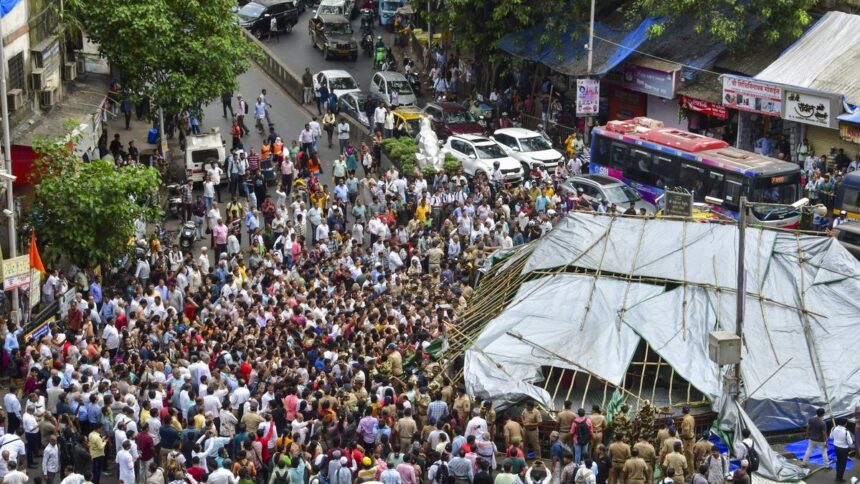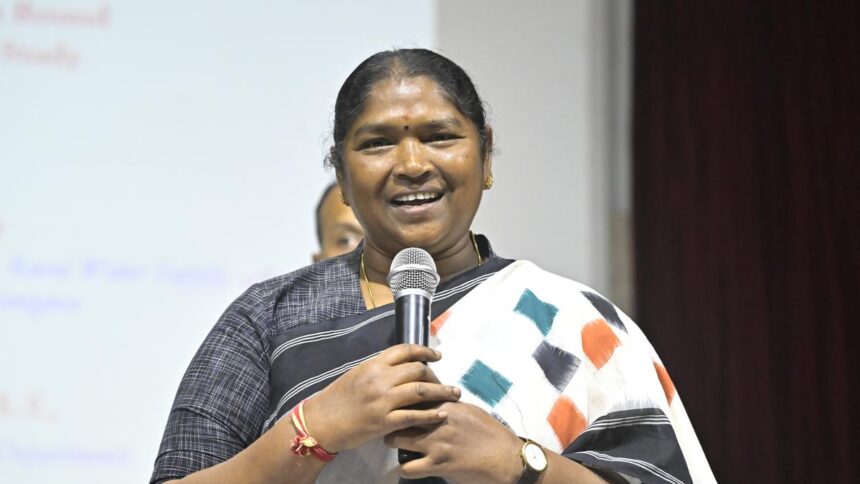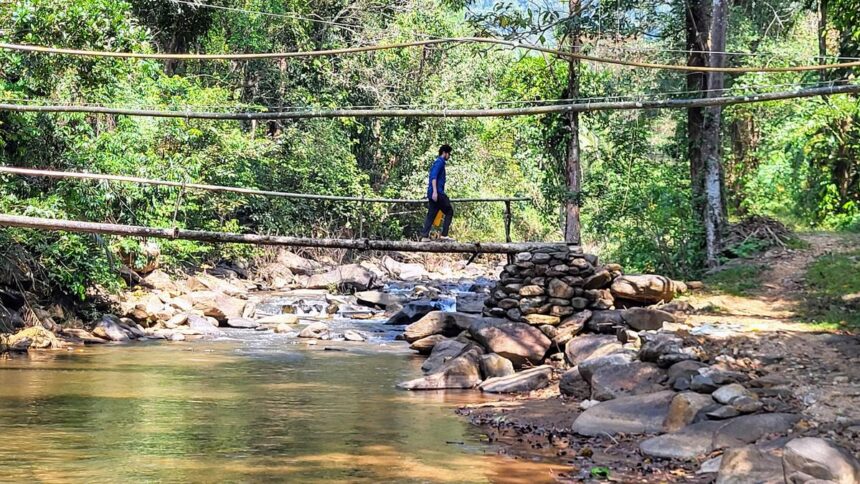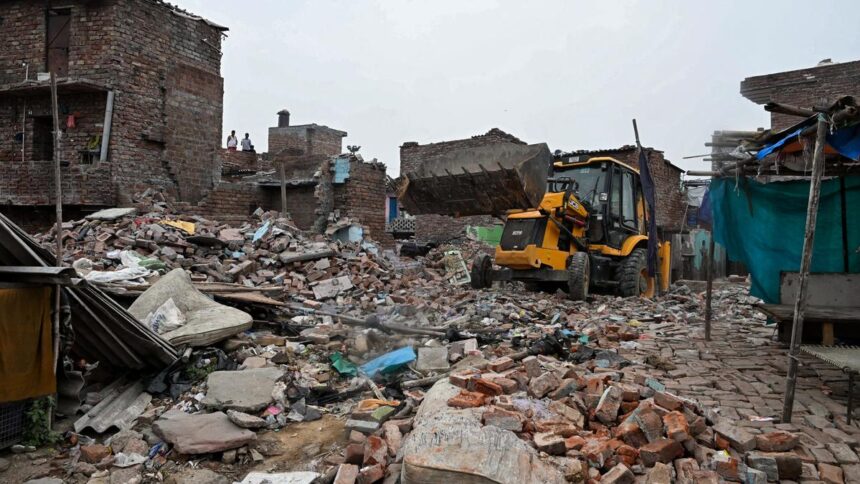The Madurai Bench of the Madras High Court on Monday summoned the Joint Commissioner of the Hindu Religious and Charitable Endowments Department to explain how shops were permitted inside Sri Nellaiyappar Temple in Tirunelveli.
A Division Bench of Justices S.M. Subramaniam and G. Arul Murugan observed that as per Section 77 of the Tamil Nadu Hindu Religious and Charitable Endowments Act, 1959, any lease or mortgage in respect of monuments and sculptures inside temples were null and void.
Therefore, the authority, who granted lease or rented out the portion of the religious institution, must be subjected to disciplinary proceedings and prosecution as they had not only offended the religious sentiments, but also violated the provisions of the Section, the court observed.
The Judges directed the Joint Commissioner to be present before the court on August 26 and explain how shops were permitted inside the temple, more specifically in the ancient Udan Mandapam.
The court was hearing a public interest litigation petition filed by K. Balasubramanian of Thoothukudi district, who sought a direction to declare Sri Nellaiyappar Temple a ‘Monument of National Importance’ under Section 4 of the Ancient Monuments and Archaeological Sites and Remains Act, 1958.
He said the temple, situated in the heart of Tirunelveli, was one of the most ancient and revered Shaivite temples in South India.
Dedicated to Lord Shiva (Nellaiyappar) and Goddess Parvati (Kanthimathi Amman), the temple represented a unique architectural and theological tradition where the twin shrines were connected through ‘Sangili Mandapam’, symbolising the divine union of Lord Shiva and Goddess Parvati, he said.
The temple was one of the Pancha Sabhai Sthalams, the five sacred halls where Lord Shiva was believed to have performed the cosmic dance (Ananda Thandavam), he added.
Published – August 25, 2025 09:47 pm IST





